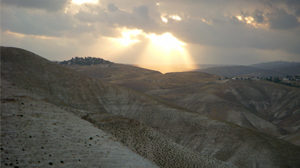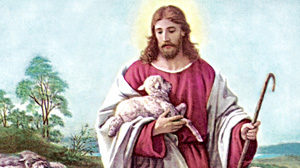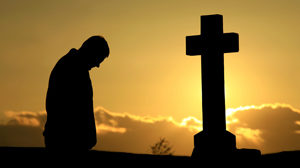Scripture:

Reflection:
“To what shall we compare the Kingdom of God, or what parable can we use for it? It is like a mustard seed that, when it is sown in the ground, is the smallest of all the seeds on the earth.”
Yesterday I read a story in the USA Today newspaper about a refugee camp mistakenly bombed in Nigeria. I could not take my eyes off the accompanying picture from the Doctors without Borders organization. It showed a wounded child caught in the bombing of the camp. The photograph mesmerized me, especially the child’s eyes, full of fear and longing for a comforting embrace. The story said there were casualties among the staff members of Doctors without Borders and the International Red Cross. Apparently, these courageous saints decided to plant their own mustard seeds in the midst of suffering children.
Where have we decided to plant our own mustard seeds? Are they planted in a comfortable, safe environment? Have we chosen to locate our houses of prayer and solitude on the outskirts and periphery of the world’s suffering people? Our current Pope Francis exhorts us to take on the “smell of the sheep” as we witness the gospel of Jesus. Do we smell like the sheep? We all know that there are many diverse ways to serve the people of God and many different, wonderful fields to plant our mustard seeds in.
For me, the challenge is to make sure that my choice about where to plant my mustard seeds is an intentional choice. I need to consider, pray about and carefully discern this choice. For me, the choice seems somewhat limited because of my age and physical condition.
Or is it? I invite you to pray with me for generosity of heart and courage as we plant our own mustard seeds.
“But once the seed is sown, it springs up and becomes the largest of plants and puts forth large branches, so that the birds of the sky can dwell in its shade.”
Terry McDevitt, Ph.D. is a member of the Passionist Family in Louisville, Kentucky.







